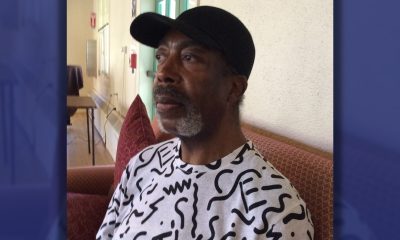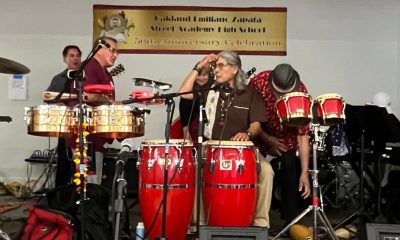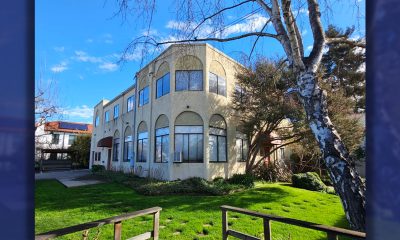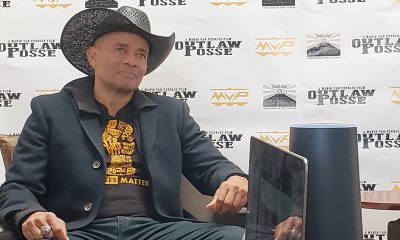Oakland
Opinion: Institutional Racism Is Real In Oakland
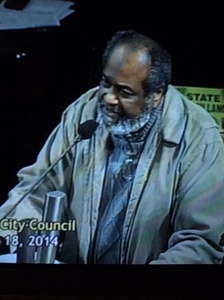
Exposing Racism in Oakland. Photo courtesy of whatshappeningblackoakland.wordpress.com.
By Wilson Riles Jr.
It was a surprise to me, despite my 38 years of involvement with Oakland City government, to learn that many more departments of the city are “complainant driven” than just the Police Department (OPD).
Being “complainant driven” is a governmental administration term, meaning that counting the number of interactions with complainants is a simple, crude way to measure the level of “public service.”
Usually, in such a management scenario there is little concern for the (harder to measure) quality of the interaction or for justice for the targets of complaints.
There is even less concern for positive results. “Complainant driven” is something that only “delights” budget makers and bean counters.
In OPD, officers have been paid on the bases of moving the complainant “meter” in one direction or another. Patrol officers are distributed around the city in order to maximize opportunities for rapid complainant responses.
That this makes no difference to crime reduction, nor to the identification or the arrest of perpetrators, seems irrelevant. When critics, like me, insist that the quality of the complainant response must improve, inevitably every city administration’s cry is that the number of complainants an individual officer can respond to would go way, way down.
Thus, more officers must be hired to do the job if one wants quality. I say ridiculous!
Such a cry assumes a lot and ignores a lot. When critics attempt to dive into those assumptions, missing factors, and alternative approaches, somehow, we never get back to the abomination of being complainant driven.
Complainants drive the city bureaucratic machinery in such a way that inequality, racism, and costly ineffectiveness are the result. This is nothing but the facilitation of invidious institutional practices that furthers bias, blindness, and racism, regardless of the biases or lack of them of city staff.
Somewhere in this process good city management would ask:
- What are the present-day and historical factors that generate complaints?
- Who complains to the Police as a first response?
- Does this type of poor quality response ever result in an improved quality of life? [The answer is rarely!]
- Are there alternative approaches and processes that have proved themselves less costly, more beneficial, and more cost effective? [The answer is definitely!]
“Complainant driven” governmental structures are rooted in and mired in systemic, institutional white supremacy and in elitist class consciousness.
Now, I have discovered that the Zoning/Planning Department is complainant driven also. The police powers of that department were exercised on me due to religiously bigoted and dominance-displaying neighborhood complaints.
[In no way am I equating what happen to me, my family, and friends to what happens to brothers and sisters caught up in the criminal justice system, but the systemic, discriminatory, unjust elements are the same.]
The zoning division of the Planning Department assumed we were guilty of something simply because we were the target of complaints. Charges that had nothing to do with the complaints were piled high and penalties were threatened to coerce us to give up our constitutional rights and we were shoehorned into an expensive, horrendously frustrating process in order to defend ourselves.
Not until, nearly three years later, at the very end of that process was there any chance to question the validity or the accuracy of the complaints.
Not until the end was there any consideration of just outcomes. Just as in the criminal justice system, one only gets to that end point if one has huge resources or a lot of friends who can organize.
This is wrong!
 Because these institutional biases and prejudices are so deeply embedded in these systems and because they no longer need conscious racism from city staff to be manifest, a radical change in structural processes, goals, and accountable management are absolutely needed.
Because these institutional biases and prejudices are so deeply embedded in these systems and because they no longer need conscious racism from city staff to be manifest, a radical change in structural processes, goals, and accountable management are absolutely needed.
Elected leadership can no longer play rhetorical games.
The wishy washy, inconsistent leadership provided by the city council and the mayors over past years must be, now, focused like a laser on uncovering and overturning our city’s furtherance of inequality.
Complainant driven systems must end.
Wilson Riles Jr. served as a member on the Oakland City Council from 1979 to 1992 representing District 5 Fruitvale District.
Bay Area
Faces Around the Bay: Sidney Carey
Sidney Carey was born in Dallas, Texas. He moved with his family to West Oakland as a baby. His sister is deceased; one brother lives in Oakland. Carey was the Choir Director at Trinity Missionary Baptist Church for 18 years.
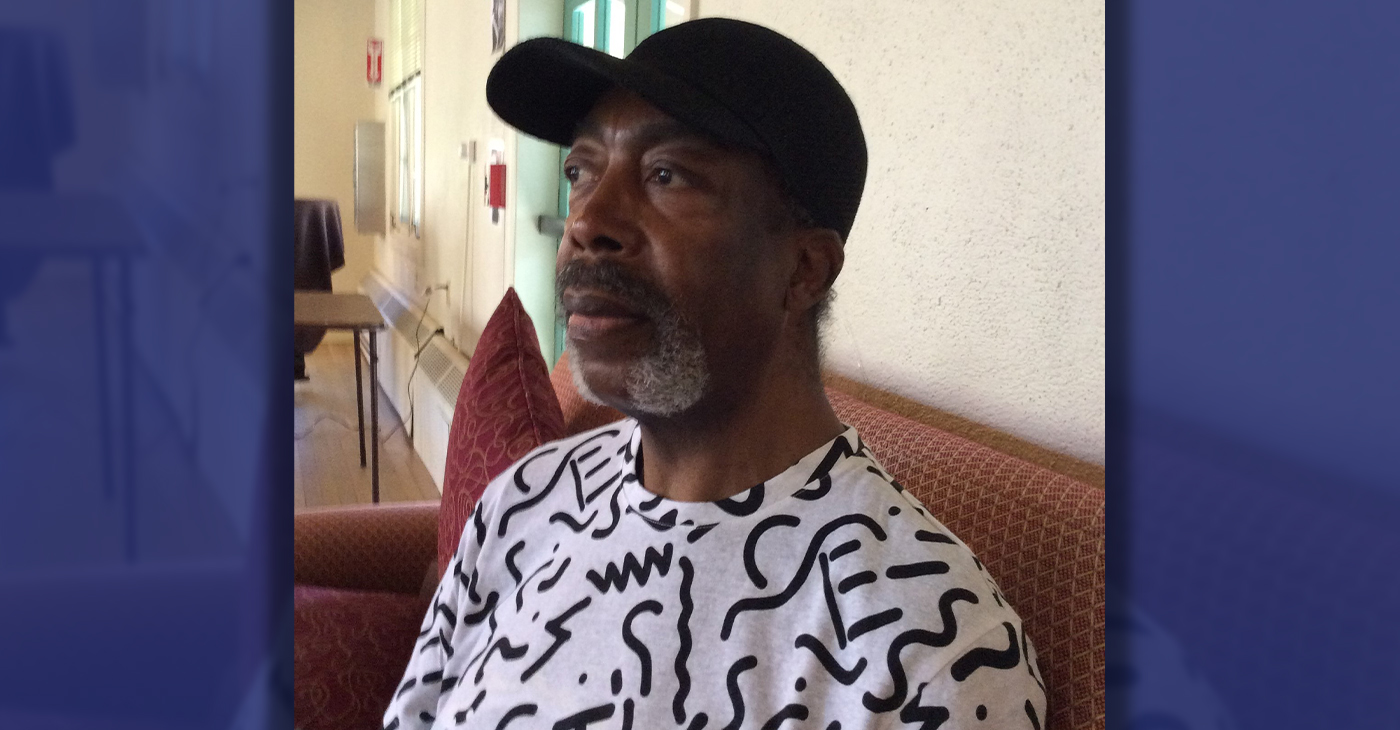
By Barbara Fluhrer
Sidney Carey was born in Dallas, Texas. He moved with his family to West Oakland as a baby. His sister is deceased; one brother lives in Oakland.
Carey was the Choir Director at Trinity Missionary Baptist Church for 18 years.
He graduated from McClymonds High with a scholarship in cosmetology and was the first African American to complete a nine-month course at the first Black Beauty School in Oakland: Charm Beauty College.
He earned his License, and then attended U.C., earning a secondary teaching credential. With his Instructors License, he went on to teach at Laney College, San Mateo College, Skyline and Universal Beauty College in Pinole, among others.
Carey was the first African American hair stylist at Joseph and I. Magnin department store in Oakland and in San Francisco, where he managed the hair stylist department, Shear Heaven.
In 2009, he quit teaching and was diagnosed with Congestive Heart Failure. He was 60 and “too old for a heart transplant”. His doctors at California Pacific Medical Center (CPMC) went to court and fought successfully for his right to receive a transplant. One day, he received a call from CPMC, “Be here in one hour.” He underwent a transplant with a heart from a 25-year- old man in Vienna, Austria
Two years later, Carey resumed teaching at Laney College, finally retiring in 2012.
Now, he’s slowed down and comfortable in a Senior Residence in Berkeley, but still manages to fit his 6/4” frame in his 2002 Toyota and drive to family gatherings in Oakland and San Leandro and an occasional Four Seasons Arts concert.
He does his own shopping and cooking and uses Para Transit to keep constant doctor appointments while keeping up with anti-rejection meds. He often travels with doctors as a model of a successful heart-transplant plant recipient: 14 years.
Carey says, “I’m blessed” and, to the youth, “Don’t give up on your dreams!”
Bay Area
Emiliano Zapata Street Academy Celebrates 40 Years Serving Oakland Families
The Oakland Emiliano Zapata Street Academy, a public alternative high school, celebrated its 50th anniversary this year with a community party and festival last Saturday with live music, good food, vendors’ booths, and activities for adults and children.
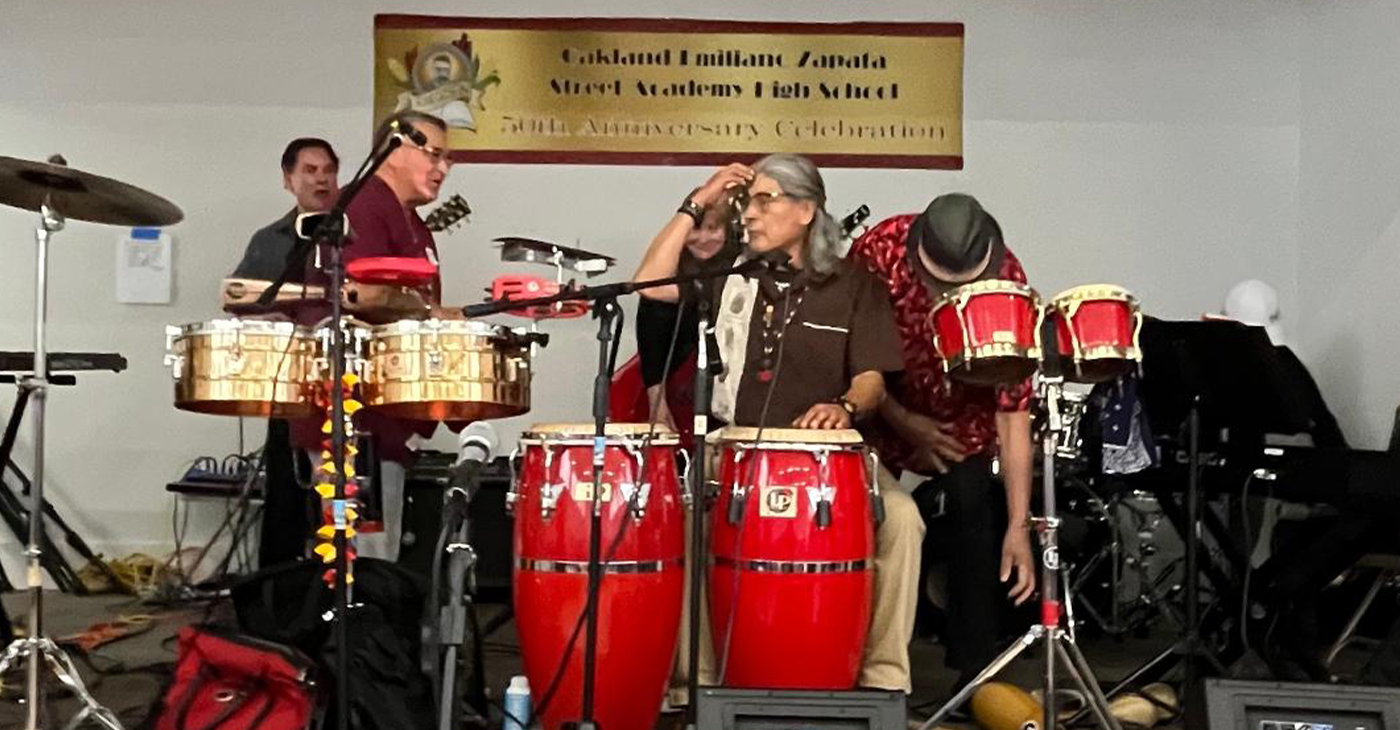
By Ken Epstein
The Oakland Emiliano Zapata Street Academy, a public alternative high school, celebrated its 50th anniversary this year with a community party and festival last Saturday with live music, good food, vendors’ booths, and activities for adults and children.
Attending the Saturday, April 27 celebration were current and past students, families, faculty, and supporters of the school. The school is located at 417 29th St., and the celebration was held nearby at St. Augustine’s Episcopal Church on Telegraph Avenue in Oakland.
For more information, go to www.streetacademy.online or call 510) 874-3630 or (510) 879-2313.
Activism
Oakland Ambassadors Strengthen Ties and Aid Efforts in Ghana
Oakland natives and esteemed members of the African American Sports and Entertainment Group (AASEG), Jonathan P. Jones and Dr. Maritony Efua Jones, recently embarked on a significant journey to Ghana as guests of the World Martial Authority Ghana. This trip signifies a crucial opportunity to bolster partnerships, explore new avenues of collaboration, and contribute to impactful initiatives in Ghana.

By Post Staff
Oakland natives and esteemed members of the African American Sports and Entertainment Group (AASEG), Jonathan P. Jones and Dr. Maritony Efua Jones, recently embarked on a significant journey to Ghana as guests of the World Martial Authority Ghana.
This trip signifies a crucial opportunity to bolster partnerships, explore new avenues of collaboration, and contribute to impactful initiatives in Ghana.
Upon their arrival at Katota Airport in Accra, Ghana, the Joneses were warmly received by His Royal Majesty Okatakyie Asafo Boakye III, the distinguished king of Sanzule Kingdom in the Eastern Nzema, and Etse Nyamedi of World Martial Authority, Ghana.
Nyamedi accompanied the Joneses to the city of Mepe, which had recently experienced flooding, to assess damages and engage with local leaders, elders, and youth regarding the city’s urgent needs after major floods last fall.
Key concerns and priorities identified by the community include comprehensive flood mitigation measures, agricultural support, housing initiatives, educational enhancements, improved healthcare access, and the development of communal recreational spaces.
The Joneses were also graciously invited to meet with leaders of The Church of Jesus Christ of Latter-day Saints at their headquarters in Accra. This meeting provided insights into ongoing humanitarian efforts in Ghana and explored avenues for collaboration to further assist Ghanaian communities.
The LDS leaders shared their prompt response to the recent flood, demonstrating their commitment to humanitarian aid by dispatching substantial supplies including medical provisions, sanitation items, blankets, and food to assist flood victims just four days after the disaster.
Additionally, Boakye extended a special invitation to the Joneses to his palace, where they were pleasantly surprised with a heartfelt recognition ceremony. Maritony Jones was honored as the Queen Mother of the Sanzule Kingdom in acknowledgment of her dedicated work, while Jonathan Jones was lauded and welcomed as the ambassador of the Sanzule Kingdom, symbolizing a meaningful homecoming to their ancestral land.
The visit not only strengthens ties between Oakland and Ghana but also underscores the collaborative spirit and commitment to meaningful progress and humanitarian endeavors shared by all involved parties.
-

 Community3 weeks ago
Community3 weeks agoFinancial Assistance Bill for Descendants of Enslaved Persons to Help Them Purchase, Own, or Maintain a Home
-

 Business3 weeks ago
Business3 weeks agoV.P. Kamala Harris: Americans With Criminal Records Will Soon Be Eligible for SBA Loans
-

 Activism4 weeks ago
Activism4 weeks agoOakland Post: Week of April 10 – 16, 2024
-

 Community3 weeks ago
Community3 weeks agoAG Bonta Says Oakland School Leaders Should Comply with State Laws to Avoid ‘Disparate Harm’ When Closing or Merging Schools
-

 Activism2 weeks ago
Activism2 weeks agoOakland Post: Week of April 24 – 30, 2024
-

 City Government3 days ago
City Government3 days agoCourt Throws Out Law That Allowed Californians to Build Duplexes, Triplexes and RDUs on Their Properties
-

 Community2 weeks ago
Community2 weeks agoRichmond Nonprofit Helps Ex-Felons Get Back on Their Feet
-

 Community2 weeks ago
Community2 weeks agoOakland WNBA Player to be Inducted Into Hall of Fame




